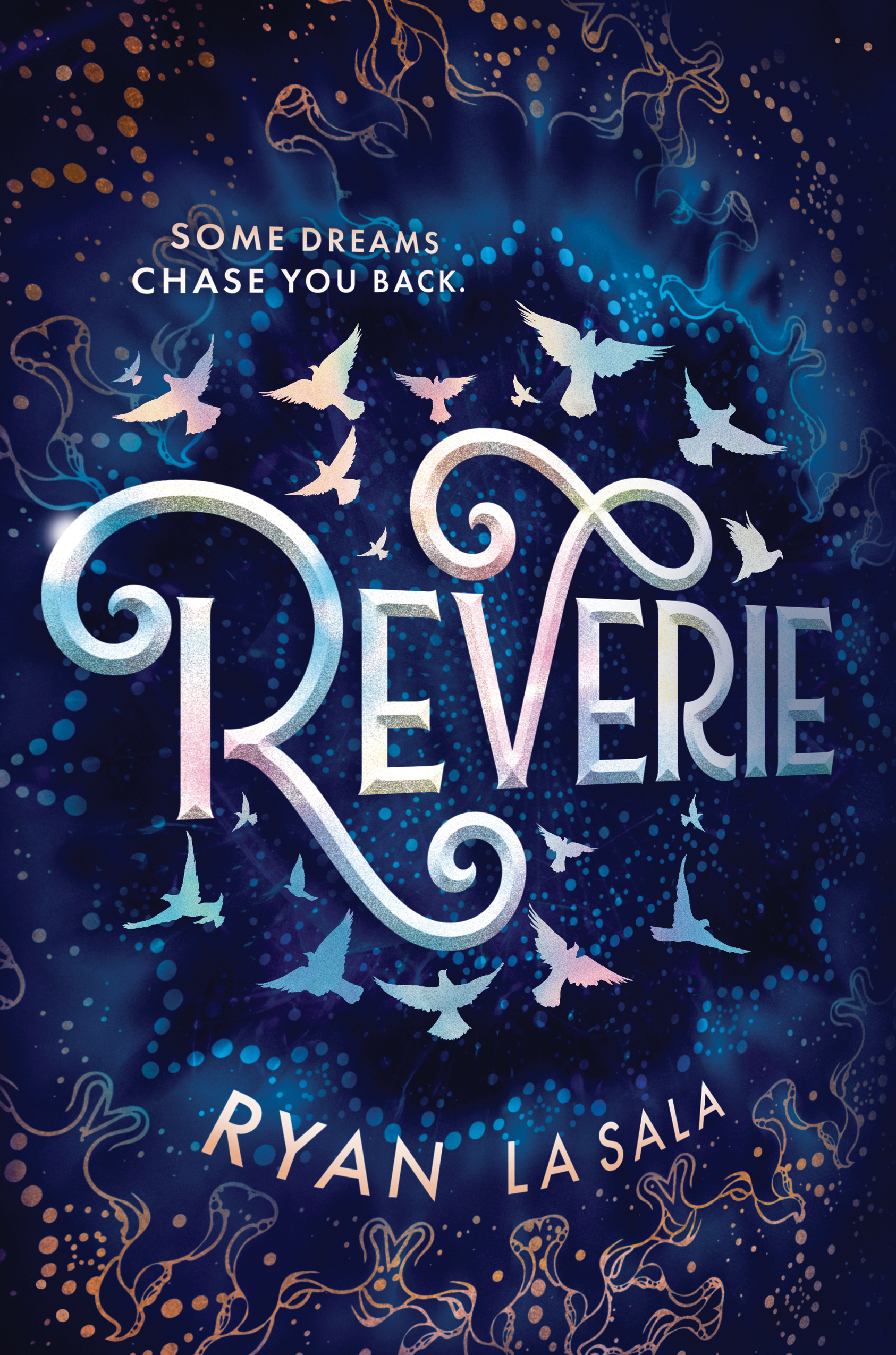Friday Finds: #SVYALit Project Edition
 Two things happened this week and I really want to talk about them.
Two things happened this week and I really want to talk about them.
Earlier this week, the news broke out that Joanie Faircloth had retracted her statement that Conor Oberst had raped her. I wasn’t really familiar with this story until news broke out about the retraction, but I want to take a moment to talk about this in the context of the #SVYALit Project.
You see, when we talk about rape – when I have talked about rape – inevitably someone will come out and ask, “but what about false accusations?” The truth is, false accusations happen. Current research indicates that 2 to 8 percent of rape and sexual violence reports are a false accusation. That means that more than 90% of sexual violence reports are real reports. This commonly cited statistic is the source of some debate, but even the highest of estimates are around 25 to 40% of rape accusations are false, which means that a majority of all rape charges filed are not false.
ADVERTISEMENT
ADVERTISEMENT
False accusations are really problematic for two important reasons:
1. It obviously seriously messes up the life of the person falsely accused, and this is a problem. A huge one. If formal police charges are filed then Faircloth will be charged with a crime. In addition, Oberst can and most likely will file civil charges against Faircloth because she has in fact put him through tremendous pain and suffering and I imagine things like loss of income.
2. It makes it that much harder for the victims of sexual violence to come forward and have their stories heard because the tendency is for people to reply, but what about false accusations. In fact, this happens with rape in a way that it doesn’t happen with other crimes. There are false reports of theft, violence, etc. And yet, if you go to the police and report these types of crimes you are still usually taken pretty seriously; your case will be investigated. It is currently estimated that sexual crimes are still vastly under-reported, with the figure being as a high as 60% of sexual crimes going unreported, due in part to the way victims of these crimes are treated as they go through the process of reporting. In a world where victim blaming is already so rampant, false accusations make it that much harder for real victims to seek justice.
Both of these are equally horrifying results of false accusations. Every time someone makes a false accusation against another person, they aren’t just hurting that person, they are hurting every single victim of sexual violence.
Also this week news broke out about Jada, a 16-year-old who discovered that she may have been raped by watching pictures of herself passed out go viral on Twitter with a Hashtag. She went to a party where drinking was involved, passed out, and woke up in a state of undress. She was told at the time that she had vomited on herself and that someone had cleaned her up. Later, however, photos appeared online that suggested that something very different had happened. And to make matters worse, people began taking pictures of themselves in a pose similar to hers with a Hashtag (which I will not mention here), mocking this girl. In a moment of tremendous courage, Jada went public, telling her story and using that same social media to try and raise awareness and reclaim herself. And because sometimes social media is awesome, people are choosing to proclaim #IStandwithJada.
Filed under: #SVYALit, #SVYALit Project, False Accusations, Jada, Social Media
About Karen Jensen, MLS
Karen Jensen has been a Teen Services Librarian for almost 30 years. She created TLT in 2011 and is the co-editor of The Whole Library Handbook: Teen Services with Heather Booth (ALA Editions, 2014).
ADVERTISEMENT
ADVERTISEMENT
SLJ Blog Network
One Star Review, Guess Who? (#202)
This Q&A is Going Exactly As Planned: A Talk with Tao Nyeu About Her Latest Book
Exclusive: Giant Magical Otters Invade New Hex Vet Graphic Novel | News
Parsing Religion in Public Schools
ADVERTISEMENT







